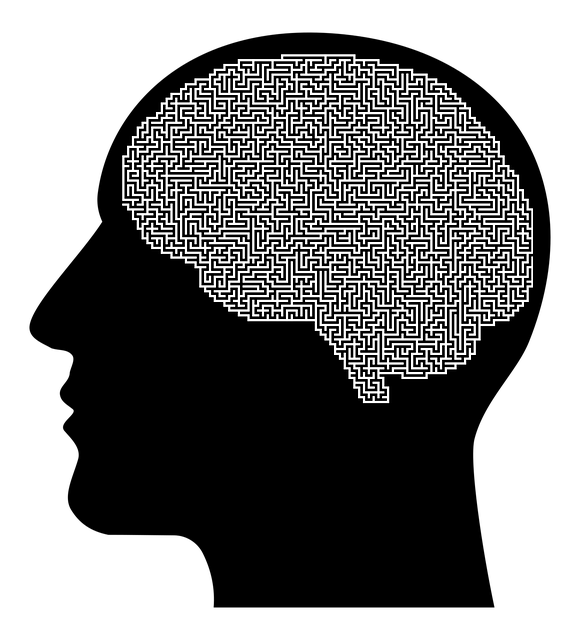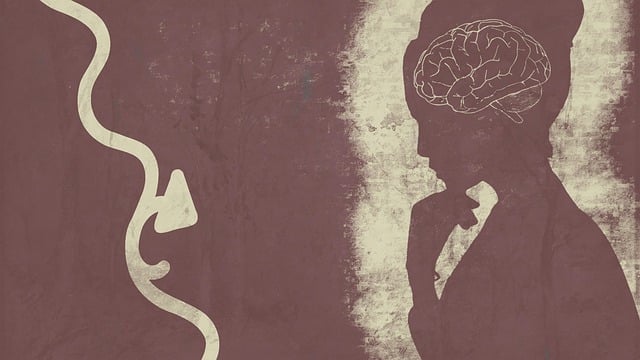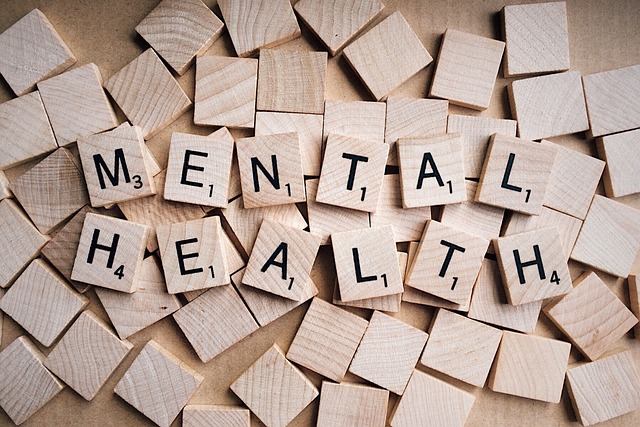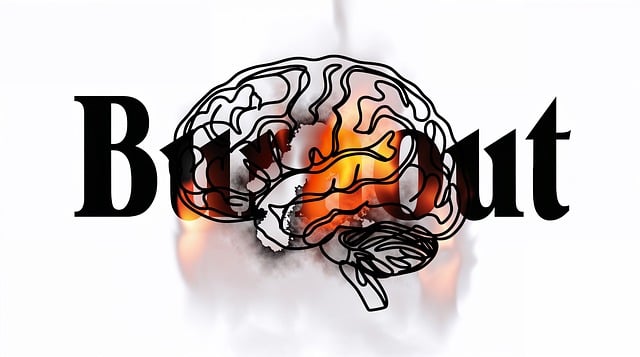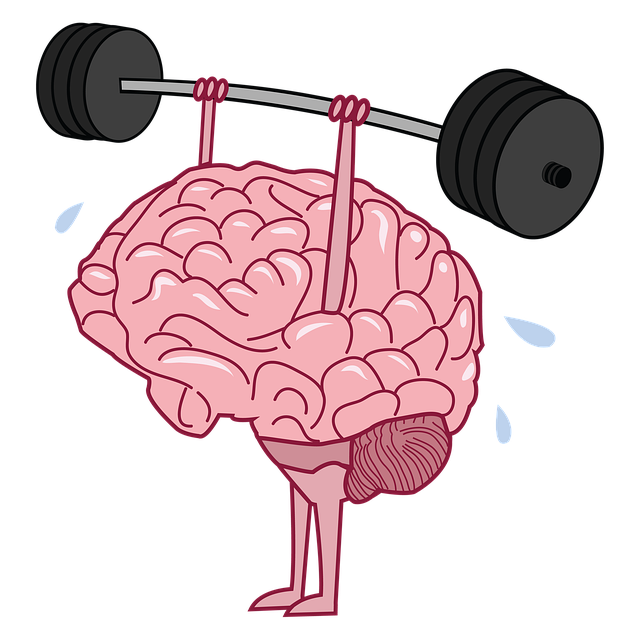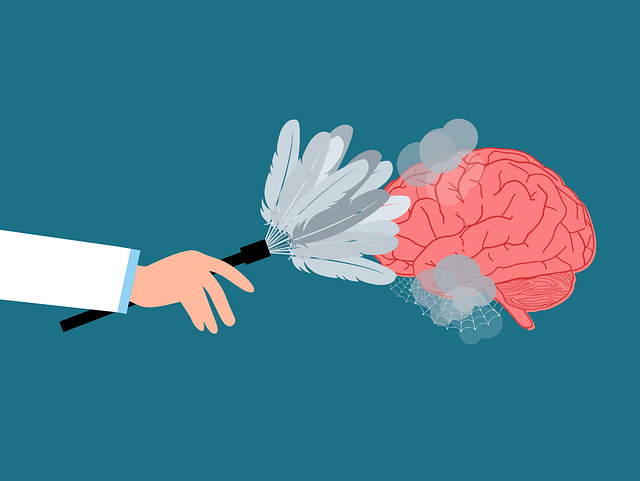Wheat Ridge Couples Communication Issues Therapy focuses on crisis intervention, empathy-building, and self-awareness exercises to address emotional communication challenges within relationships. It goes beyond individual issues by promoting systemic changes, active listening, and understanding between partners. This approach aims to prevent and resolve conflicts, reduce professional burnout in healthcare, and enhance patient care through improved communication patterns. After initial interventions, ongoing support through tailored sessions and accessible resources helps couples manage moods, rebuild trust, and revolutionize their relationship dynamics.
In times of crisis, therapists play a pivotal role in guiding couples towards stability. This article offers comprehensive insights into crisis intervention strategies tailored for therapists practicing in the Wheat Ridge area. We explore essential skills like identifying communication issues within couples and providing effective interventions through step-by-step guides. Key topics include the impact of active listening in couple therapy and post-intervention support to foster resilience and recovery. By implementing these strategies, therapists can significantly assist couples navigating challenging situations.
- Understanding Crisis Intervention: A Vital Role for Therapists
- Wheat Ridge Couples Communication: Identifying and Addressing Issues
- Strategies for Effective Interventions: A Step-by-Step Guide
- The Impact of Active Listening in Couple Therapy
- Post-Intervention Support: Nurturing Resilience and Recovery
Understanding Crisis Intervention: A Vital Role for Therapists

In the realm of mental health support, crisis intervention plays a pivotal role in assisting individuals and couples facing acute distress. Wheat Ridge Couples Communication Issues Therapy offers valuable guidance on effective strategies to help clients navigate challenging situations. Therapists serving as crisis interveners must possess a deep understanding of emotional dynamics and be adept at providing immediate, tailored assistance.
Empathy building strategies are a cornerstone of successful crisis intervention. By fostering an environment of genuine connection, therapists can help individuals feel heard and validated during turbulent times. Additionally, incorporating communication strategies and self-awareness exercises enables clients to identify triggers, express their needs effectively, and develop coping mechanisms for future crises.
Wheat Ridge Couples Communication: Identifying and Addressing Issues

Wheat Ridge Couples Communication therapy focuses on identifying and addressing communication issues that can lead to relationship crises. The first step involves creating a safe, non-judgmental space where both partners feel heard and respected. Therapists encourage active listening, validating each other’s feelings, and expressing needs clearly and calmly. This foundational work helps couples cultivate compassion and understanding, essential elements in preventing and resolving conflicts.
In the context of Burnout Prevention Strategies for Healthcare Providers and Mental Health Policy Analysis and Advocacy, Wheat Ridge Couples Communication goes beyond individual therapy. It promotes systemic changes by addressing underlying communication patterns that can contribute to professional burnout. By fostering more effective communication within relationships, healthcare providers can better manage stress, improve patient care, and advocate for policies that support mental health in the workplace. Compassion Cultivation Practices play a pivotal role here, teaching couples strategies to respond to each other with kindness and empathy, even in challenging situations.
Strategies for Effective Interventions: A Step-by-Step Guide

When facing crisis situations, such as those involving Wheat Ridge Couples Communication Issues, a structured approach to intervention can make all the difference. Effective crisis intervention strategies focus on immediate support and stabilisation while fostering long-term resilience building. The process typically begins with assessment – understanding the nature of the problem and gathering relevant information. This step is crucial in tailoring interventions to meet specific needs.
Once assessed, therapists can guide individuals or couples through a series of steps. Firstly, establishing safety and trust is paramount. This sets the foundation for open communication strategies, where both parties feel heard and respected. Therapists encourage active listening, empathy, and expressing emotions honestly. By incorporating Mind Over Matter principles, clients learn to reframe negative thoughts and adopt more adaptive coping mechanisms. These initial steps are key in diffusing immediate tension and fostering a sense of calm, paving the way for deeper exploration and resolution of underlying issues.
The Impact of Active Listening in Couple Therapy

In Wheat Ridge Couples Communication Issues Therapy, active listening is a powerful tool that significantly enhances the therapeutic process. It involves giving undivided attention to one’s partner, paraphrasing their sentiments and thoughts, and asking clarifying questions. This technique fosters an environment of understanding and empathy, encouraging couples to express themselves openly without fear of judgment. When therapists actively listen, they demonstrate genuine interest in their clients’ experiences, which can boost the couple’s confidence and willingness to engage in therapy.
Cultural sensitivity in mental healthcare practice plays a crucial role in this context. Therapists must be adept at interpreting non-verbal cues and understanding the unique communication styles of different cultural backgrounds. This awareness ensures that active listening remains effective across diverse populations. Moreover, public awareness campaigns development can educate couples on the importance of open communication, complementing the work done during therapy sessions. Self-care routine development for better mental health is another integral aspect; therapists often guide partners to maintain healthy individual habits that indirectly support their relationship dynamics.
Post-Intervention Support: Nurturing Resilience and Recovery

After a crisis intervention, providing ongoing support is vital to help individuals and couples navigate their journey towards recovery and resilience. This stage is crucial in ensuring that clients can maintain stability and continue healing. At Wheat Ridge Couples Communication Issues Therapy, we offer post-intervention services designed to nurture mental wellness and foster healthy coping mechanisms.
Our approach involves a combination of individual and joint therapy sessions tailored to address specific needs. We guide clients through techniques for effective mood management, helping them develop strategies to prevent depression relapses. Through our Mental Wellness Podcast Series Production, we also provide accessible resources on emotional well-being, encouraging ongoing learning and self-care practices. This comprehensive support system creates a safe space for couples to strengthen their communication, rebuild trust, and cultivate a positive outlook, ultimately revolutionizing their relationship dynamics.
Crisis intervention strategies, as highlighted through Wheat Ridge couples communication techniques and active listening in therapy, play a pivotal role in fostering resilience and recovery. By understanding crisis intervention’s vital role and employing effective step-by-step guides, therapists can significantly impact the lives of couples navigating challenging situations. Post-intervention support is key to nurturing a stronger, more resilient bond, ensuring clients emerge with enhanced coping mechanisms and a renewed sense of hope. These strategies not only equip couples with tools for current crises but also empower them to prevent future challenges.

